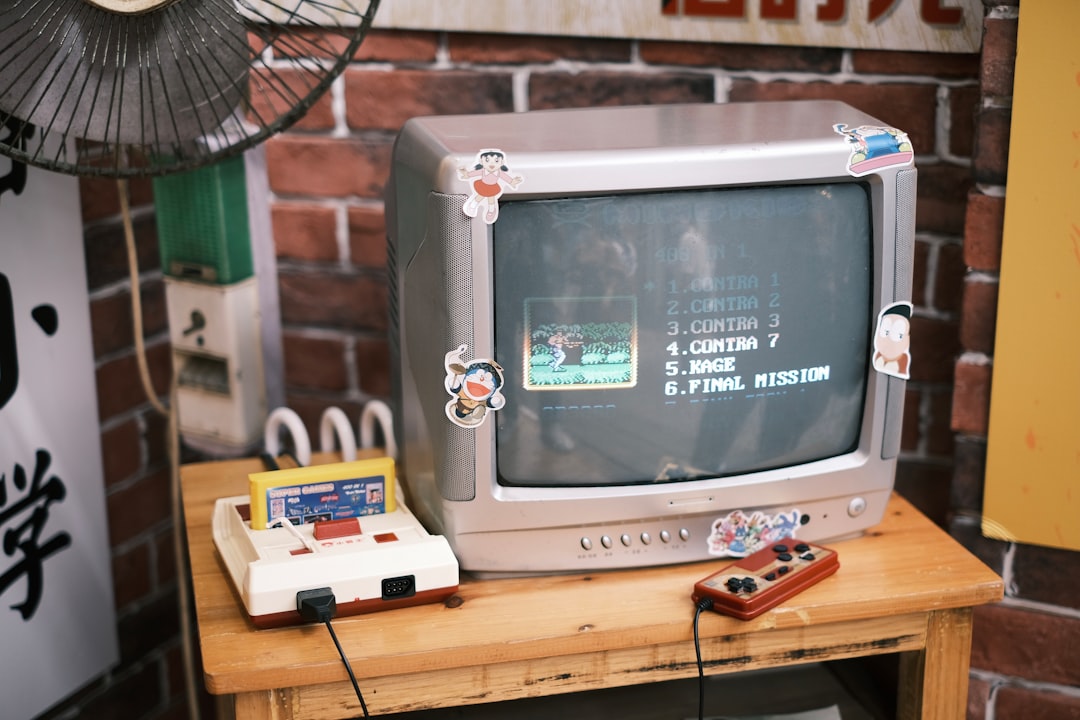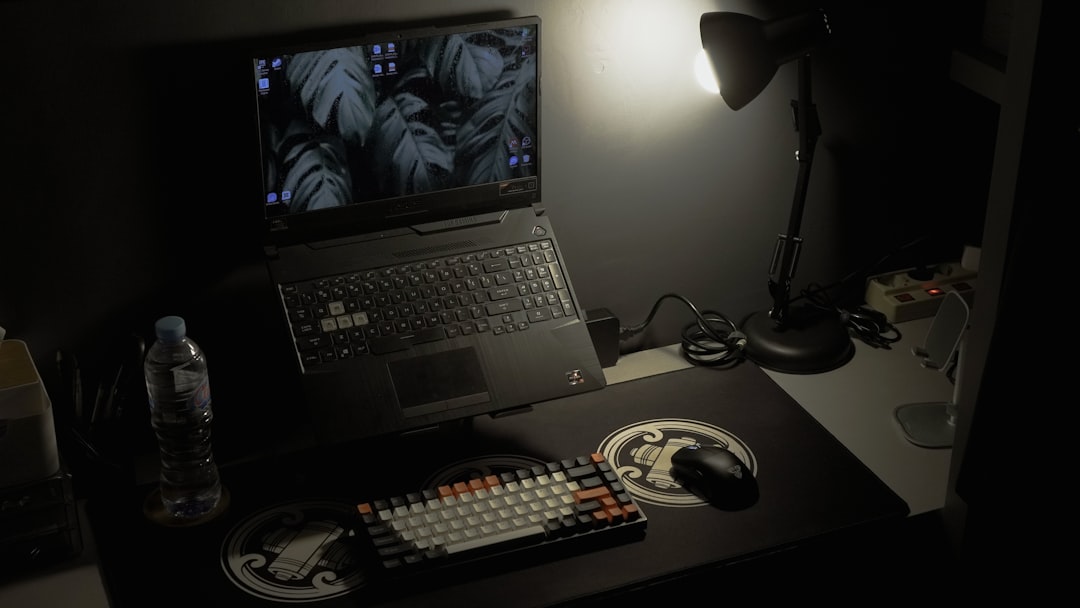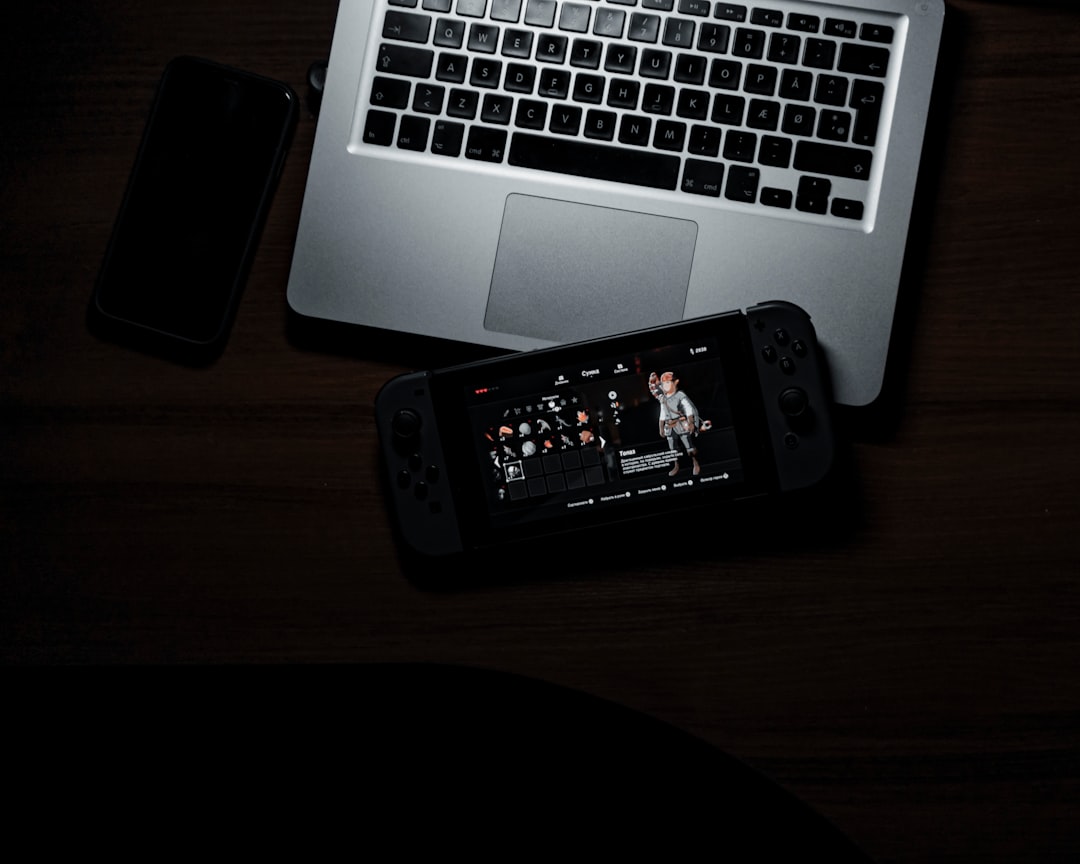Video game emulators have gained increasing popularity among gamers over the past two decades. As technology advances and nostalgia for classic gaming continues to grow, the interest in revisiting or experiencing old titles for the first time is stronger than ever. Emulators offer a gateway to the past—but they also come with their share of debate and legal gray areas. Whether you’re a retro game enthusiast or just curious about alternatives to traditional consoles, understanding the pros and cons of using a video game emulator can help guide your gaming decisions.
Table of Contents
What Is a Video Game Emulator?
A video game emulator is a software program that mimics the hardware of a gaming console, enabling users to play console-based games on computers, smartphones, or other gaming platforms. Emulators can recreate the functionality of consoles ranging from early systems like the NES and SNES to more modern ones like the PlayStation 2, GameCube, and even the Nintendo Switch.
These programs often require a digital copy of the game’s ROM (read-only memory) or ISO file, which stores a duplicate of the game as it would appear on the original cartridge or disc. Once properly configured, emulators can provide an authentic or even enhanced experience of the game.
Pros of Using a Video Game Emulator
- Access to Retro Games: Emulators provide access to thousands of classic games that may no longer be available commercially. This is especially beneficial for titles that are out of print or restricted by region.
- Improved Graphics and Performance: Many emulators allow enhancements such as upscaled resolution, better frame rates, texture filtering, and customizable shaders, giving old games a modern facelift.
- Save States and Fast Forwarding: Unlike original consoles, emulators offer added features like save states, which let players save progress anywhere, and fast-forwarding through repetitive sections or long cutscenes.
- Convenient Portability: Emulators can be installed on portable devices including smartphones, laptops, and handheld PCs, allowing gamers to play wherever they go.
- Game Preservation and Archiving: As physical media deteriorates, emulators help preserve gaming history by keeping digital copies of titles playable for future generations.

Cons of Using a Video Game Emulator
- Legal Concerns: One of the biggest controversies surrounding emulation is legality. While using emulators is legal, downloading ROMs of games one does not own may infringe on copyright laws.
- Compatibility Issues: Not every game runs flawlessly on emulators. Some titles may experience bugs, graphical glitches, or performance inconsistencies.
- Complex Setups: Configuring emulators, BIOS files, and ROM directories can be complicated for newcomers. Each console has its quirks, and achieving optimal performance may require patience and technical know-how.
- Lack of Authenticity: While emulators mimic consoles, they don’t always accurately recreate the feeling of original gameplay. Factors like controller responsiveness, CRT display characteristics, or even console imperfections contribute to the classic gaming experience, which can be lost in emulation.
- Ethical Dilemmas: Even if downloads are legal, some players question whether it’s morally right to play games outside of what the original developers and publishers intended, especially in cases where the game is still commercially available.
Why Gamers Choose Emulation
Despite drawbacks, many gamers turn to emulation for both practical and nostalgic reasons. Classic consoles may be expensive or hard to find, especially in working condition. Emulators eliminate the need for multiple physical devices and offer one centralized gaming solution. Independent developers also contribute to this ecosystem, improving simulation accuracy, adding mod support, and building communities focused on enhancements and compatibility fixes.
Additionally, emulators often support a host of quality-of-life improvements. For example, customizing controls, adding cheat codes, and using rewind features give gamers more flexible ways to enjoy titles than were ever possible on original systems.

Is Emulation Right for You?
Whether or not to use an emulator largely depends on your personal preferences, needs, and views on legality and ethics. If you’re a purist who values authenticity and the tactile feel of original controllers and hardware, you might prefer collecting original consoles and cartridges. However, if accessibility, convenience, and hardware enhancement are your priorities, emulation could provide an ideal gateway to classic gaming.
Many gamers choose a hybrid approach: collecting physical games for nostalgia and display while using emulators for everyday gameplay. This way, they balance ownership and practicality. Ultimately, emulation democratizes access to video game history, though it’s always best to ensure usage aligns with both legal guidelines and personal principles.
Frequently Asked Questions (FAQ)
- Is using a video game emulator legal?
The emulator itself is legal in most countries. However, downloading game ROMs for titles you do not own can violate copyright law. Acquiring copies of games you legally own is generally considered acceptable. - Which are the most popular video game emulators?
Some popular emulators include:- Dolphin – For GameCube and Wii
- PCSX2 – For PlayStation 2
- PPSSPP – For PlayStation Portable
- SNES9x – For Super Nintendo
- mgba – For Game Boy Advance
- Can I use a controller with an emulator?
Yes, most emulators support numerous input methods, including USB and Bluetooth controllers. Many also allow button remapping and sensitivity adjustments. - Do emulators support multiplayer?
Some emulators offer local or online multiplayer functionality through built-in features or plug-ins like Netplay. However, performance may vary based on game compatibility and internet connection. - Will emulation damage my device?
When downloaded from reputable sources, emulators are generally safe. However, avoid pirated ROMs or unknown downloads, as they may contain malware or viruses. Always scan files before installation. - Where can I find legal ROMs?
Some classic games are legally available through platforms like Nintendo’s Virtual Console, PlayStation Store, or digital re-releases. Games in the public domain or those released by developers for free use can also be legally acquired.




